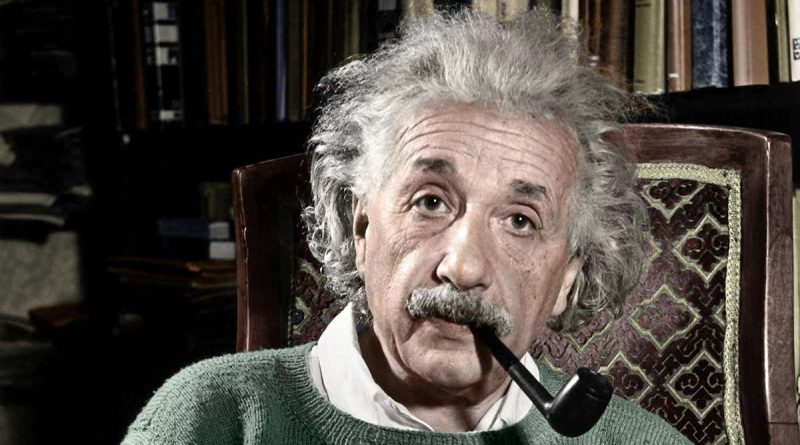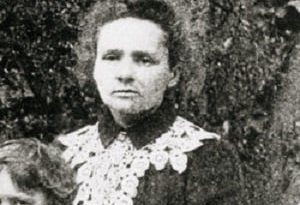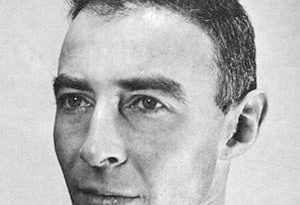Albert Einstein’s Complex Relationships: Spouse and Children’s Influence
Albert Einstein’s family life was integral to his identity as both a scientist and a human being. He often expressed the sentiment that family provided him with grounding, even amidst his profound discoveries. His relationships reflected a complex personal journey, marked by two marriages and three children.
Einstein was married twice. His first marriage was to Mileva Marić in 1903, but they divorced in 1919. Shortly after, he married his cousin Elsa Löwenthal on June 2, 1919. With Elsa, physicist Einstein found companionship, and they remained together until her death in 1936.
In terms of family dynamics, Einstein had three children: Lieserl, Hans Albert, and Eduard. Each of these relationships carried its own nuances, illustrating not just a father’s role but also the struggles and joys of family life.
| Relationship | Name |
|---|---|
| Ex-Wife | Mileva Marić |
| Wife | Elsa Löwenthal |
| Son | Hans Albert Einstein |
| Son | Eduard ‘Tete’ Einstein |
| Daughter | Lieserl Einstein |
| Father | Hermann Einstein |
| Mother | Pauline Koch |
Einstein’s relationship with Mileva was notably tumultuous. They shared an intellectual bond, but personal differences led to their separation. After their divorce on February 14, 1919, he married Elsa, who supported him during his most productive years. Their union brought stability until Elsa’s death, after which Einstein faced significant solitude.
Mileva Marić
Mileva Marić was a Serbian physicist and mathematician born in 1875. She excelled in academics, particularly in physics, and was one of the few women of her time to pursue higher education. Though she and Einstein collaborated intellectually, their marriage struggled under the weight of personal expectations and societal limitations. Marić’s interests included mathematics and literature, but she faced many challenges during their marriage, leading to her eventual separation from Einstein.
Elsa Löwenthal
Elsa Löwenthal, born in 1876, was Einstein’s cousin and second wife. She played a critical role in managing his personal affairs and supported him throughout his career. Elsa was known for her strong personality and empathy, which complemented Einstein’s own traits. Her interests lay in family and artistic pursuits, which endeared her to Einstein and helped consolidate their relationship.
Lieserl Einstein
Lieserl was Einstein’s first child, born in 1902. Her existence was a secret kept from the public for a considerable time, as her fate remains clouded in mystery. Some evidence suggests she may have been adopted or died in infancy. Regardless, her divergence from mainstream history emphasizes the hidden aspects of Einstein’s family legacy.
Hans Albert Einstein
Born in 1904, Hans Albert became a noted philosopher and educator. He had a deep interest in social sciences and contributed significantly to the fields of epistemology and philosophy of science. Hans led a fulfilling life, building a family of his own while often reflecting on the complicated relationship he shared with his father.
Eduard ‘Tete’ Einstein
Eduard, born in 1910, suffered from mental health issues, which strained his relationship with Einstein. He showed potential as a poet and was deeply interested in literature. Unfortunately, his struggles with mental illness overshadowed many aspects of his life. Today, Eduard’s story serves as a poignant reminder of the challenges faced by individuals grappling with mental health.
Hermann Einstein
Hermann Einstein was Albert’s father, born in 1847 in Munich, Germany. He was a successful businessman whose ventures included electric machinery. Hermann supported his son’s early education and instilled a passion for invention. His career and values were significant influences on Einstein’s later life, fostering a sense of curiosity and creativity.
Pauline Koch
Pauline Koch, Albert’s mother, was born in 1858 and played a foundational role in nurturing Einstein’s talents. She was a homemaker who valued education and arts, often fostering a loving and intellectually stimulating environment. Pauline’s influence on her son was profound, solidifying the importance of creative thought in his life.



